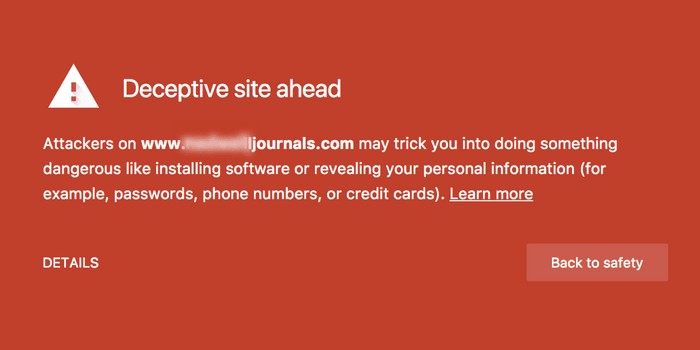Free resources for researchers during the pandemic!

In times of a global pandemic, when the world is fighting a common threat against the clock, cooperation in the scientific community is more important than ever. At some point in the (hopefully) near future, we will have medications and vaccines to combat the virus. And this will be thanks to thousands of scientists working tirelessly around the clock to find a cure.
Really Springer? That's how you “solved” your fake papers problem?

“Fake news” has been in the news lately. It’s not just a phenomenon of your Facebook news stream, but also a problem in the academic publishing world.
As a scientist, I’m naturally intrigued about the latter and how fake research and sometimes completely fake papers are published. While researching for a blog post on the topic, I revisited Springer’s big fake paper scandal from 2014.
Scandals like that give a company the opportunity to show the public how they deal with problems and how sincere they are about their business. So it comes as a surprise that Springer published this press release a year after the incident making things — in my opinion — even worse.
The statement feels so surreal and bizarre that I decided to postpone my original planned post and just publish the text of the press release and add a few comments. After all, that’s what press releases are for and that was Springer’s intention when they published it.
Even Google Chrome thinks predatory journals are dangerous

The rise of predatory journals is probably the only downside of the success of the Open Access publishing movement. Journals with misleading names and dubious scientific standards charge academic authors hundreds of dollars to publish a paper. Sometimes it’s hard to distinguish legit open access publishers from “predatory” ones. However, sometimes it’s easy like in this case we came across recently.
The Shortest Papers Ever Published

This blog post is about short papers. It seems out of place writing a long introduction.
If you ever wondered about the shortest papers ever published, or you just want to take the unique opportunity to read several papers in full within one minute, this post is for you.
What if creationists like your paper about evolution?

Recently, my last paper that I have worked on before I started Paperpile was finally published. I’m quite happy with the work because it brings together my favourite topics: RNAs, genomes and evolution. Unfortunately, I did not have much time following up on the reception of the paper. However, there was at least one review on the web I did not miss.